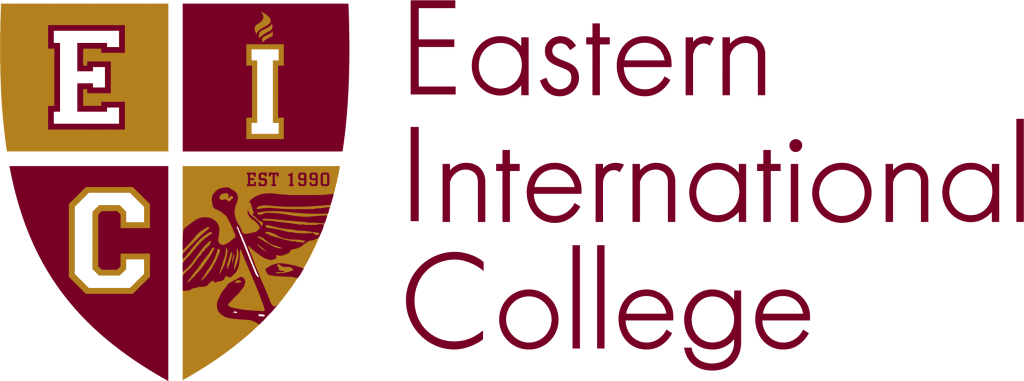Using the foundation of Self-Care Deficit Theory and the nursing process, the course focus is on the chronic problems of adult patients associated with common, non-emergent disorders. The acute aspects of these diseases are also discussed. Selected general medical-surgical settings will be used for clinical practice in the management of patients in which students will learn nursing interventions appropriate to their care. Students will have an opportunity to demonstrate effective interpersonal communication skills with patients, families, and members of the healthcare team. Pharmacology principles and rationale are expected during supervised medication administration. Individualization of patient care is developed through the formation and implementation of patient-centered care plans. The student is expected to function progressively as a contributing member of the nursing team while caring for assigned clients with needs of varying complexity in the acute care setting. Nutrition, pharmacology, communication, and cultural concepts are integrated with the nursing process and Self-Care Deficit Theory to form the foundation of comprehensive care planning. Prerequisite: NUR 102, NUR 103, NUR104, Completion of all General Education courses except MIC 101 and ENG 102.
Main Menu
